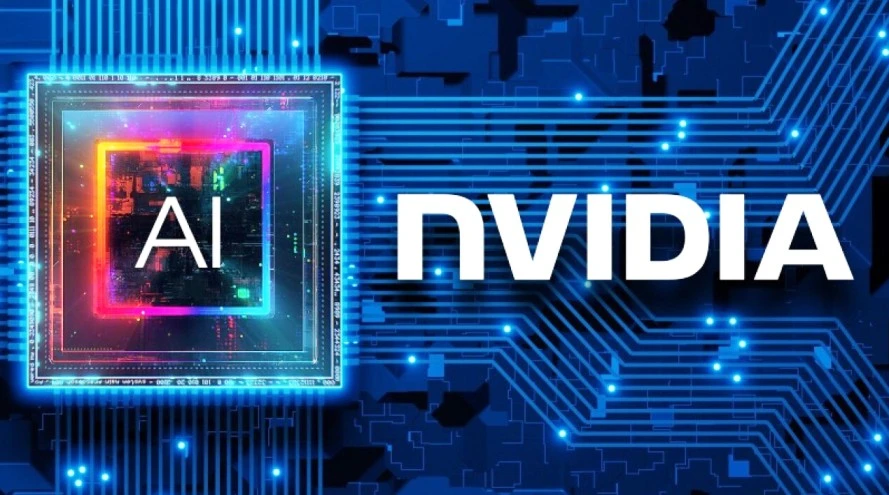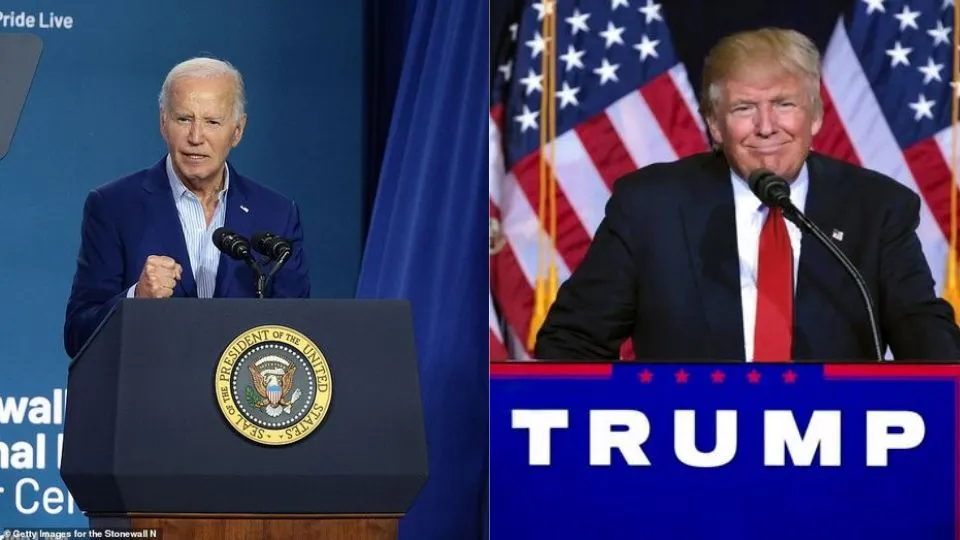Nvidia is establishing a new business unit dedicated to crafting customized chips tailored for cloud computing companies and other clients, including cutting-edge artificial intelligence (AI) processors, according to nine sources familiar with its strategies, as reported by Reuters.
As the primary global provider of AI chip solutions, Nvidia is targeting a share of the rapidly expanding market for specialized AI chips while safeguarding itself from the increasing competition from companies exploring alternatives to its offerings.
Nvidia’s Dominance Soars: Seizes 80% AI Chip Market Share Amidst Rapid Growth and Customization Trends
Nvidia, headquartered in Santa Clara, California, commands approximately 80% of the high-end AI chip market, a dominance that has propelled its stock market value to $1.73 trillion, marking a 40% increase since the beginning of the year. This surge follows a more than threefold rise in 2023.
The company’s clientele, which includes OpenAI, Microsoft, Alphabet, and Meta Platforms, among others, has been swiftly acquiring Nvidia’s chips to gain a competitive edge in the rapidly evolving generative AI sector. Nvidia’s H100 and A100 chips have served as versatile, all-purpose AI processors for many of its major customers. However, these tech companies have begun to develop their own internal chips tailored to their specific needs.
This approach helps reduce energy consumption and has the potential to streamline the design process, ultimately cutting costs and time to market. Recognizing this trend, Nvidia is now seeking to assist these companies in the development of custom AI chips. These efforts aim to address the growing demand for specialized AI processors that have been sought after by rival firms such as Broadcom and Marvell Technology. The sources providing this information preferred to remain anonymous as they were not authorized to speak publicly on the matter.
“If you’re really trying to optimize on things like power, or optimize on cost for your application, you can’t afford to go drop an H100 or A100 in there,” Greg Reichow, general partner at venture capital firm Eclipse Ventures said in an interview. “You want to have the exact right mixture of compute and just the kind of compute that you need.”
Nvidia’s H100 Chip Pricing Secrets Revealed: Meta’s Massive Order and Custom Chip Talks Drive Market Buzz
Nvidia does not publicly disclose the prices of its H100 chips, which are higher than those of the prior-generation A100 chips. However, each H100 chip can sell for anywhere between $16,000 to $100,000 depending on factors such as volume and specific requirements. Meta, for example, plans to acquire a total of 350,000 H100 chips this year.
Representatives from Nvidia have reportedly held meetings with tech giants including Amazon.com, Meta, Microsoft, Google, and OpenAI to discuss the possibility of designing custom chips for them. In addition to data center chips, Nvidia has also been exploring opportunities in the telecom, automotive, and video game industries.
Following the Reuters report, Nvidia’s shares experienced a 2.75% increase, contributing to a rise in chip stocks overall. Conversely, Marvell’s shares saw a decline of 2.78%. In 2022, Nvidia announced a program that would allow third-party customers to integrate some of its proprietary networking technology into their own chips. However, there have been no updates on this program since then, and Reuters’ report marks the first time Nvidia’s broader ambitions in this regard have been revealed.
A spokesperson for Nvidia declined to comment beyond the company’s initial 2022 announcement. Dina McKinney, who previously held executive positions at Advanced Micro Devices (AMD) and Marvell, leads Nvidia’s custom unit. According to her LinkedIn profile, the team’s goal is to make Nvidia’s technology accessible to customers in various sectors including cloud computing, 5G wireless, video games, and automotive industries. However, mentions of these details were removed from her profile and her title was altered after Reuters reached out to Nvidia for comment.
Nvidia’s Foray into Custom Chip Market: Potential Disruption and Partnerships with Telecom Giant Ericsson
Amazon, Google, Microsoft, Meta, and OpenAI have declined to comment on the matter. According to estimates provided by Alan Weckel, a researcher at 650 Group, the data center custom chip market is projected to reach up to $10 billion this year and could potentially double to $20 billion by 2025. Additionally, the broader custom chip market was valued at approximately $30 billion in 2023, representing about 5% of the annual global chip sales, as reported by Needham analyst Charles Shi.
Currently, the landscape of custom silicon design for data centers is largely dominated by companies like Broadcom and Marvell. However, with Nvidia’s entry into this sector, there is potential for disruption. In a typical scenario, a design partner like Nvidia would provide intellectual property and technology, while leaving the chip fabrication, packaging, and other related processes to companies like Taiwan Semiconductor Manufacturing Co. (TSMC) or other contract chip manufacturers.
Nvidia’s expansion into this market has the potential to encroach upon the sales of Broadcom and Marvell, as it leverages its expertise and resources to offer customized chip solutions for data centers and other applications.
“With Broadcom’s custom silicon business touching $10 billion, and Marvell’s around $2 billion, this is a real threat,” said Dylan Patel, founder of silicon research group SemiAnalysis. “It’s a real big negative – there’s more competition entering the fray.”
Nvidia is currently engaged in discussions with telecom infrastructure builder Ericsson for the development of a wireless chip that incorporates Nvidia’s graphics processing unit (GPU) technology, according to two sources familiar with the matter. However, Ericsson declined to provide any comment on the matter.
Nvidia Expands Custom Chip Ambitions: Eyes Telecom, Automotive, and Video Game Markets for Growth
According to estimates by 650 Group’s Alan Weckel, the telecom custom chip market is anticipated to remain relatively stable at around $4 billion to $5 billion annually. In addition to the telecom sector, Nvidia has plans to target the automotive and video game markets. Weckel predicts that the custom automotive market will experience consistent growth, expanding from its current range of $6 billion to $8 billion at a rate of 20% per year. Similarly, the video game custom chip market, currently valued at $7 billion to $8 billion, could see growth with the anticipated release of next-generation consoles from Xbox and Sony.
Notably, Nintendo’s current Switch handheld console already incorporates Nvidia’s Tegra X1 chip. There are expectations that a new version of the Switch console, expected to be released this year, will also feature a custom design from Nvidia. However, Nintendo declined to comment on this speculation.
Read this also: NVIDIA and AI











